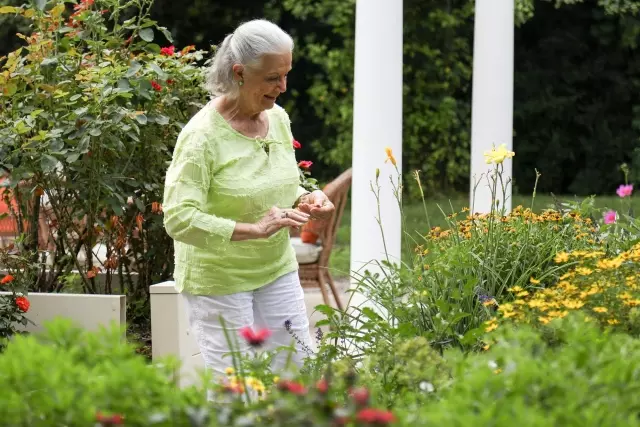Nine Techniques for Seniors to Maintain Good Health in the Summer
Beat the summer heat!

Summer in New England brings an abundance of outdoor activities and community events to enjoy. However, as temperatures rise, it’s crucial for older adults to stay cool and hydrated to prevent heat-related illnesses, like heat exhaustion and heat stroke. Here are essential tips from the State of Massachusetts Department of Public Health to help older adults beat the heat and maintain good health during the summer months:
What Is “Extreme Heat”
Extreme heat refers to an extended period of exceptionally hot weather, often accompanied by high humidity. In Massachusetts, a “heat wave” typically signifies three or more consecutive days with temperatures exceeding 90 °F.
1. Stay Hydrated
Dehydration can occur more quickly in seniors due to reduced thirst sensation. Drink plenty of water throughout the day, even if you don’t feel thirsty. Hydrating foods, such as fruits (e.g., watermelon, oranges) and vegetables (e.g., cucumbers), can also contribute to fluid intake. Skip alcoholic beverages and drinks with lots of sugar or caffeine. If your doctor usually restricts your fluid intake, check how much you should drink in hot weather.
2. Dress for the Weather
Stay cool in summer by wearing lightweight, breathable fabrics like cotton and linen. Opt for light-colored, loose-fitting clothing to reflect sunlight and allow better airflow. Wear a wide-brimmed hat, sunglasses with UV protection and comfortable footwear to further shield against heat and sun exposure.
3. Manage Indoor Temperatures
4. Plan Outdoor Activities Wisely
Slow down by postponing or limiting outdoor activities and limit exposure to the sun. If you must work outdoors, take frequent breaks and avoid the hottest part of the day. Never leave children or pets in your vehicle alone. If spending time outside, take frequent breaks in shaded or cooler areas to rest and hydrate. At New Pond Village, we offer a variety of activities and programs, such as movie screenings or paint classes, so residents can safely remain social and active while avoiding the dangerous effects of a heat wave.
5. Cooling Techniques
Take cool showers or baths to lower your body temperature. Use damp cloths or towels on your neck, wrists and forehead to help you feel cooler. Applying cold packs or ice packs to pulse points can also provide relief from the heat.
6. Monitor Medications
Some medications, such as diuretics and certain heart medications, can increase sensitivity to heat or affect hydration levels. Talk to your healthcare provider about any medications you are taking and how they may impact your response to hot weather.
In general, most medicines should be stored at 59 to 77 ºF in a cool, dry place, away from sunlight. That temperature range is important. Both excessive heat and cold can have significant impact on how well medications—both prescription and over-the-counter—do their job. Make certain not to leave your medications in your vehicle or in a place where they could become compromised by the heat.
In our Assisted Living and Mind & Memory Care neighborhoods, our associates monitor medications to ensure they are not compromised by weather conditions and are taken as directed by a physician, providing residents and their families with peace of mind.
7. Remember Your Pets
8. Stay Informed
Keep abreast of weather forecasts and heat advisories in your area. Heat-related illnesses can develop rapidly, so recognize the signs, including dizziness, rapid heartbeat, nausea, confusion and headache. Seek medical attention immediately if you or someone you know shows these symptoms.
9. Stay Connected
Be a good neighbor. Check on family, friends and neighbors, especially the elderly, those who live alone, those with medical conditions, those who may need additional assistance and those who may not have air conditioning. At New Pond Village, we foster a community spirit, encouraging residents to look out for each other and build strong connections.
By taking these precautions, you can enjoy a safe and enjoyable summer while reducing the risk of heat-related health issues. Paying attention to hydration, staying cool indoors and being mindful of outdoor activities can make a significant difference in maintaining well-being during the summer heat. Remember, staying proactive about heat safety not only enhances comfort but also supports overall health throughout the season.